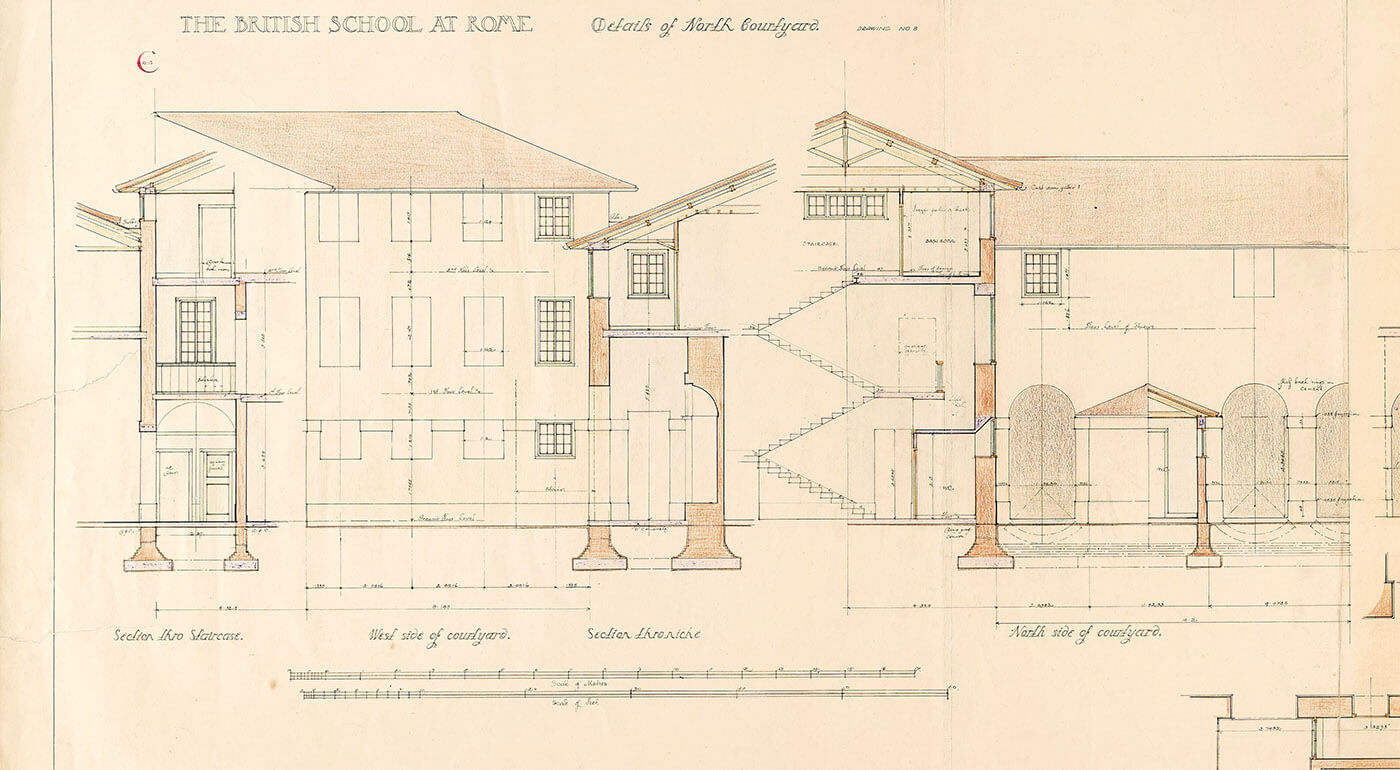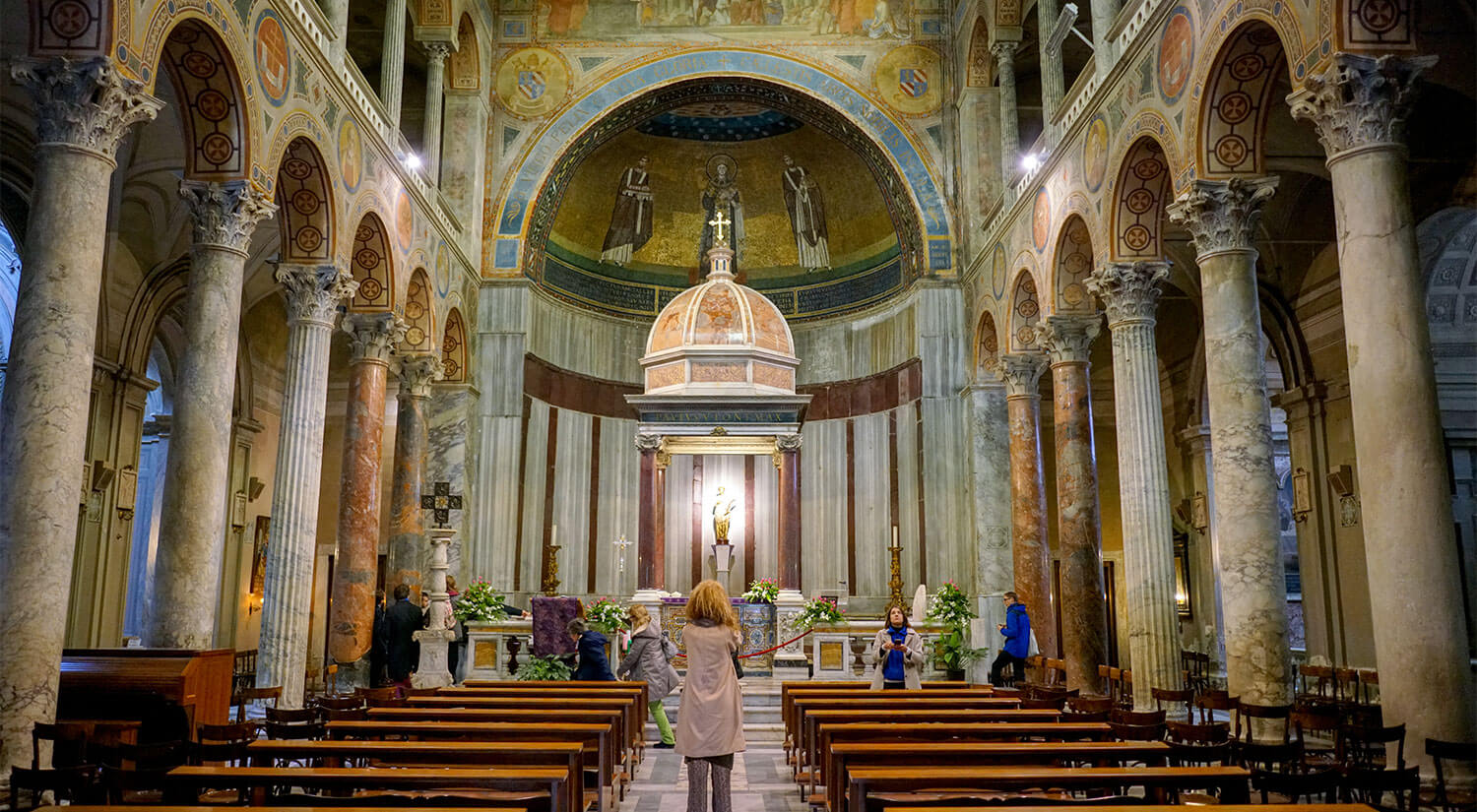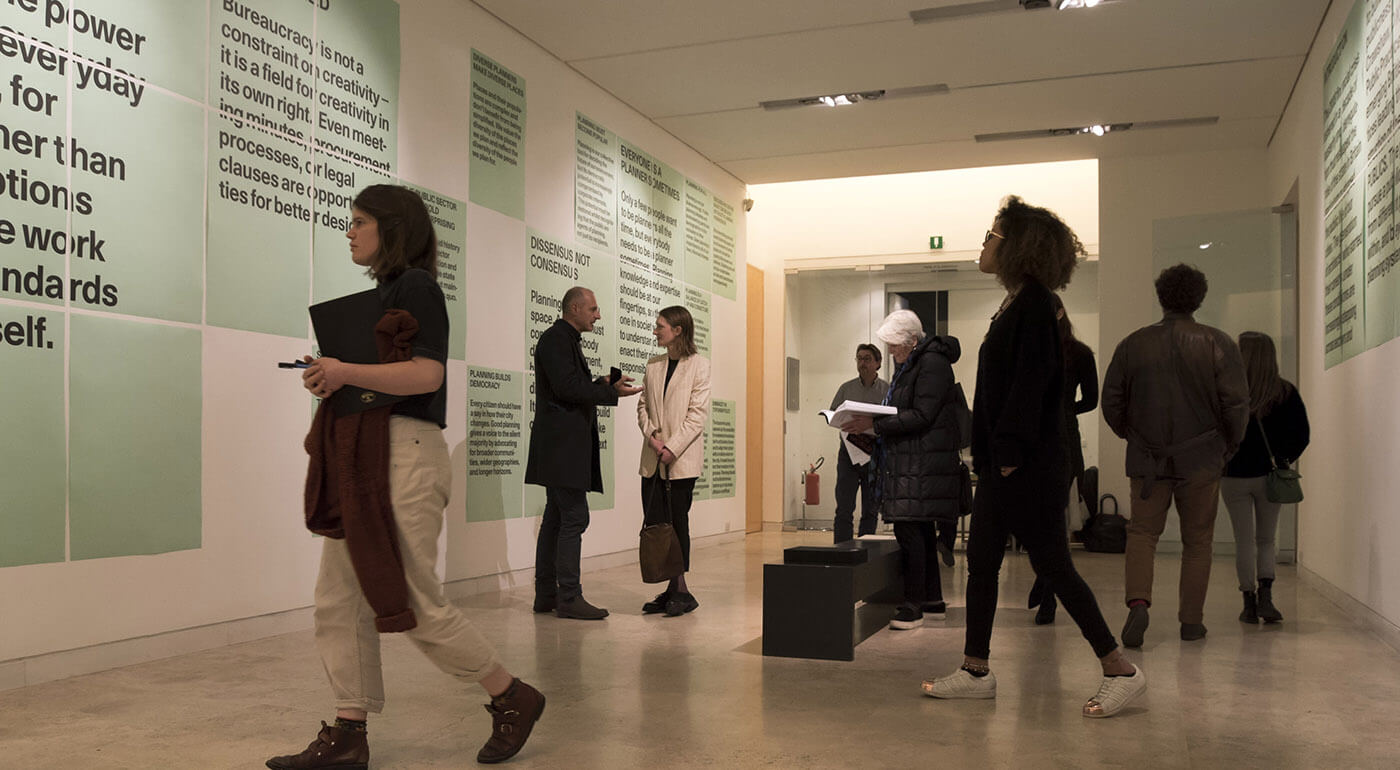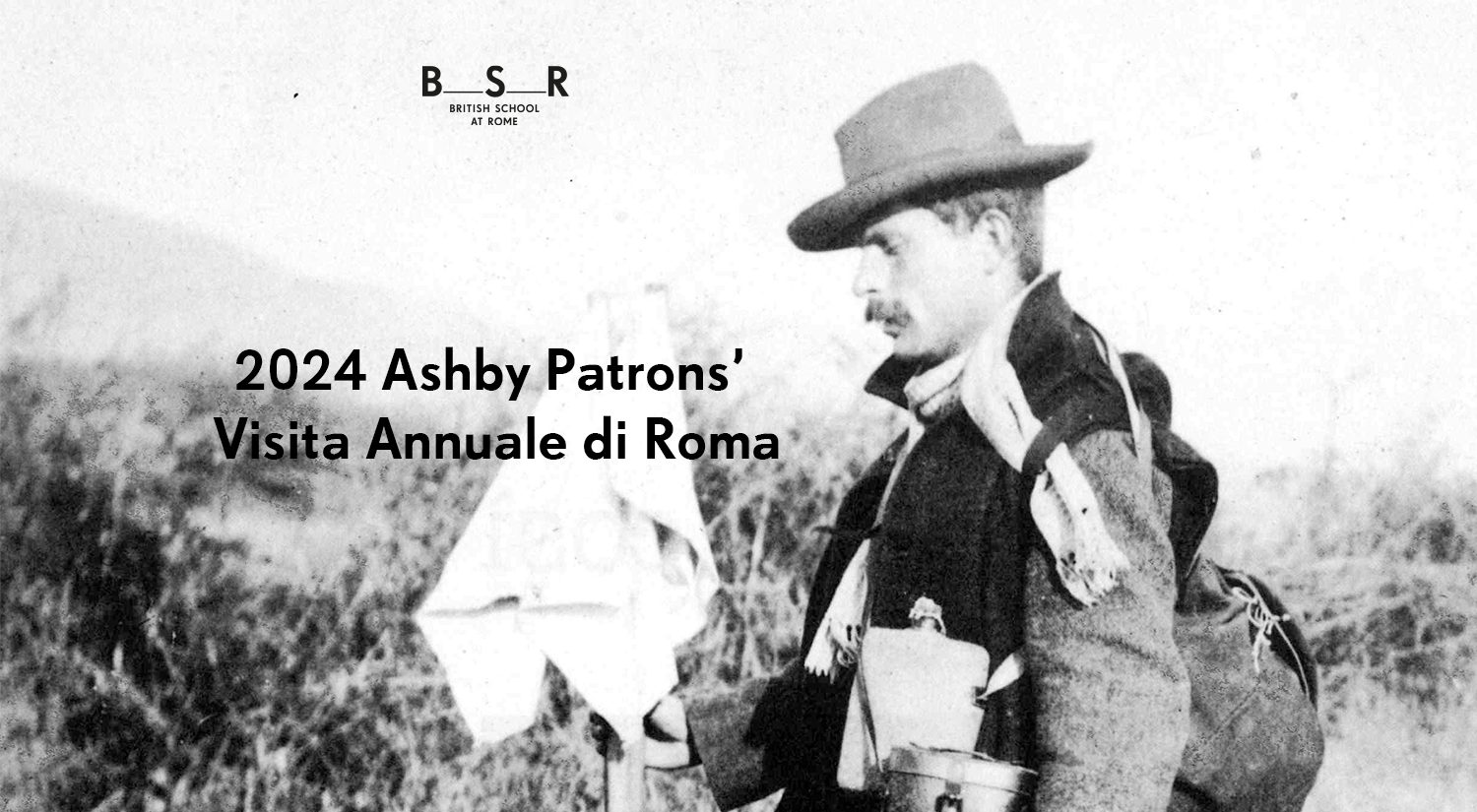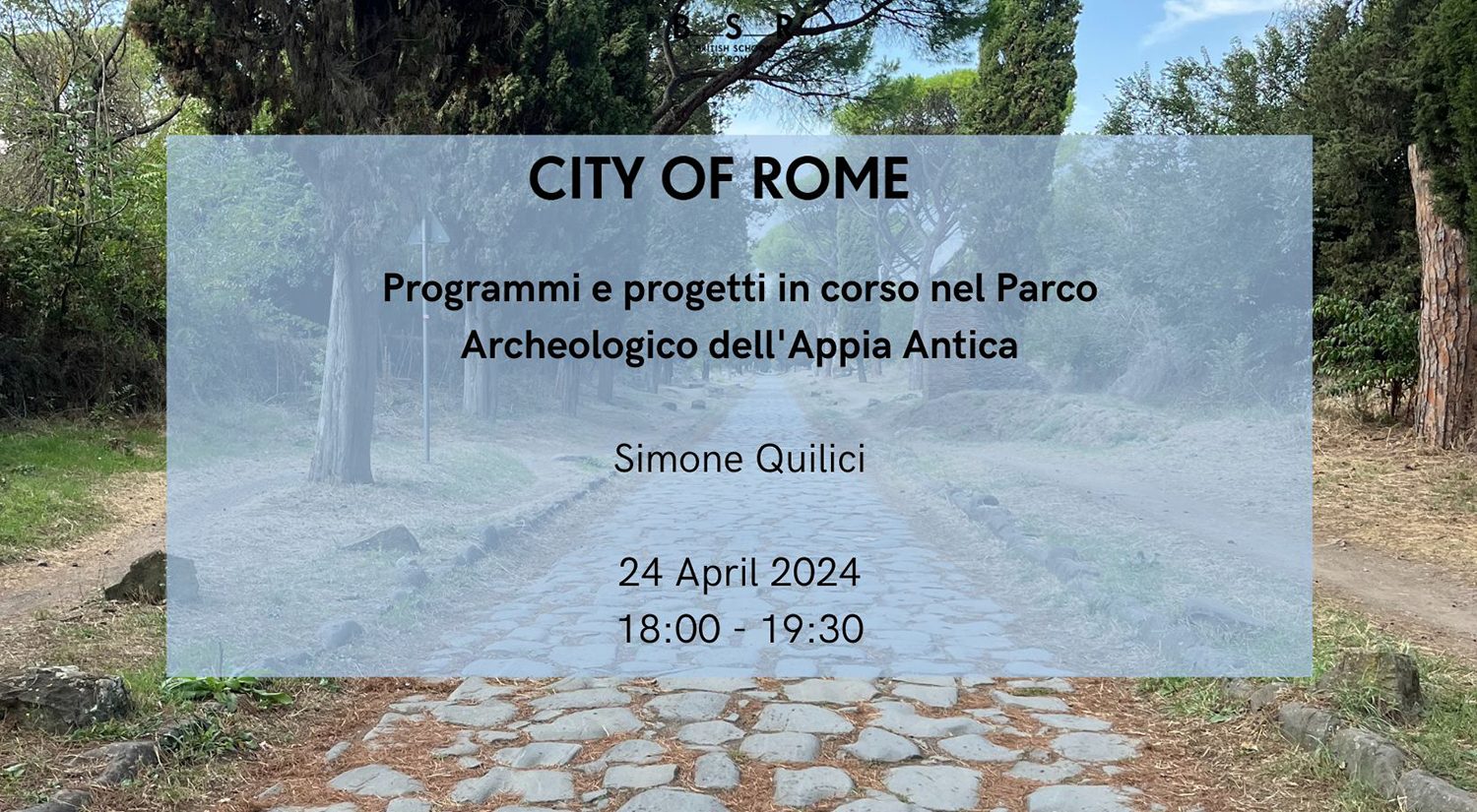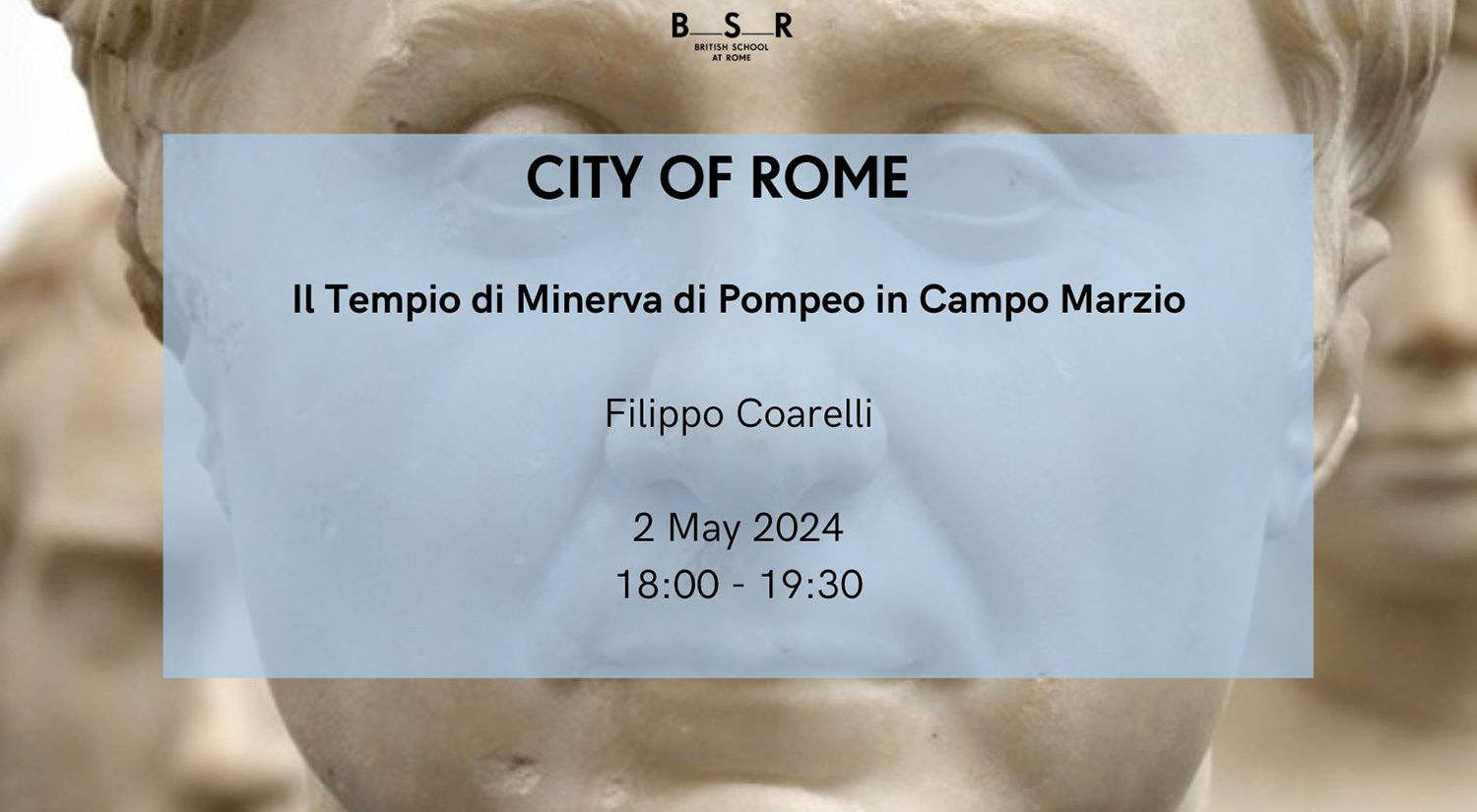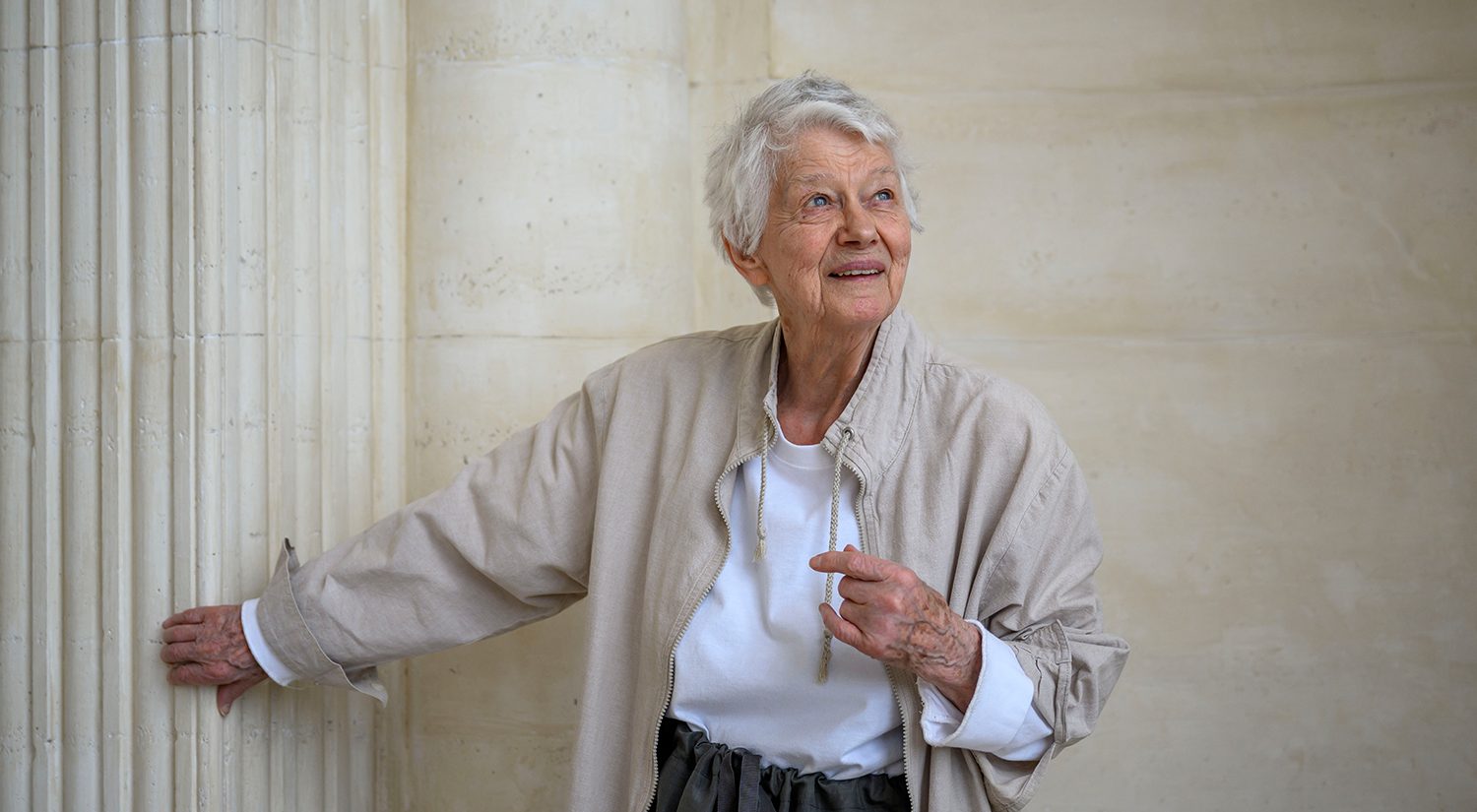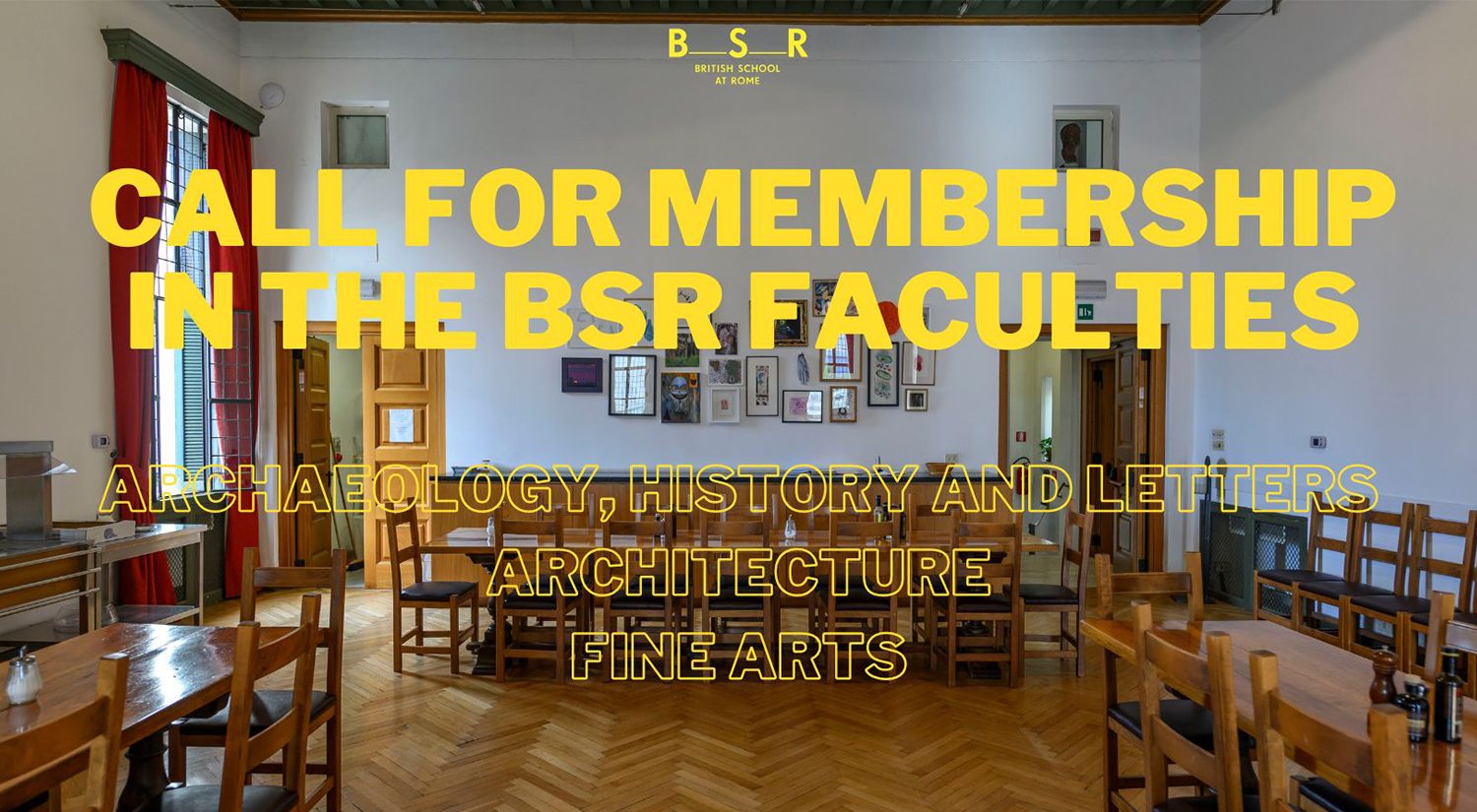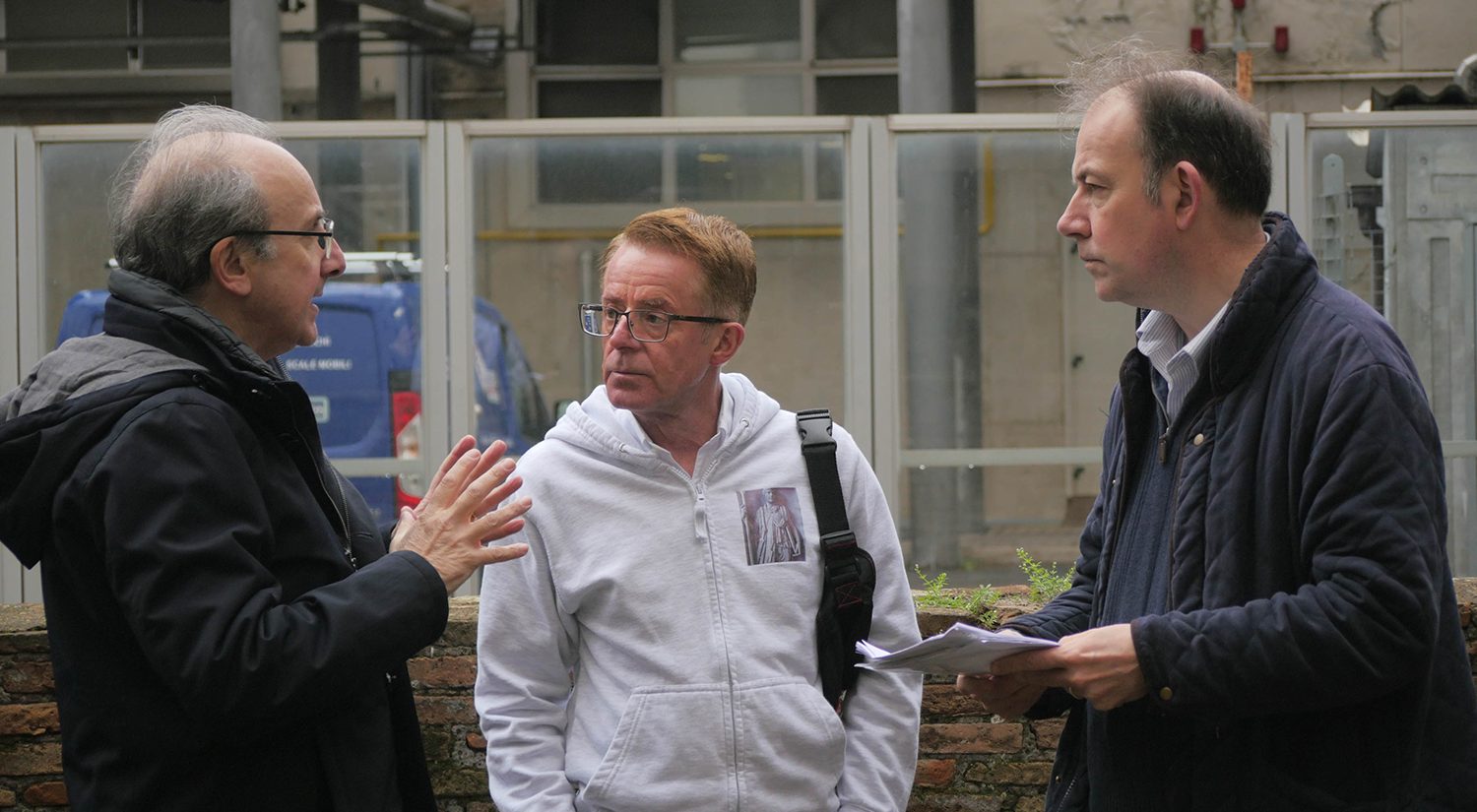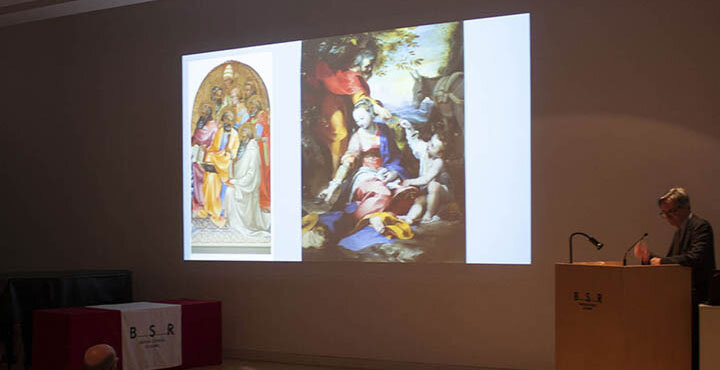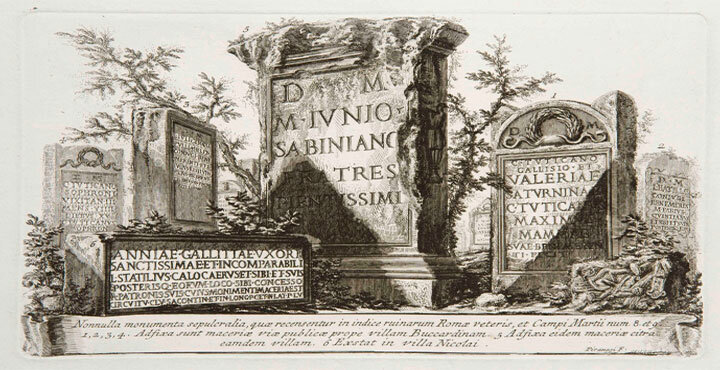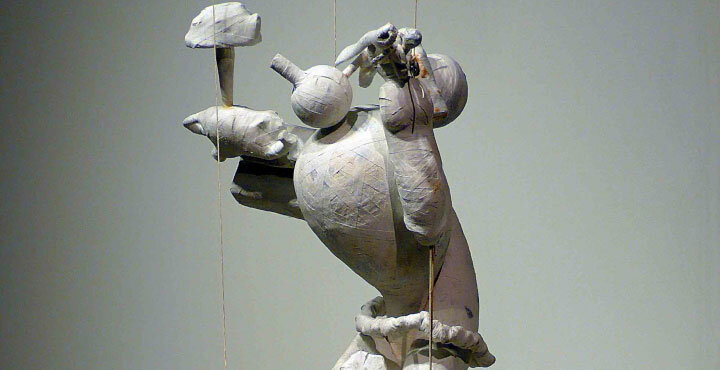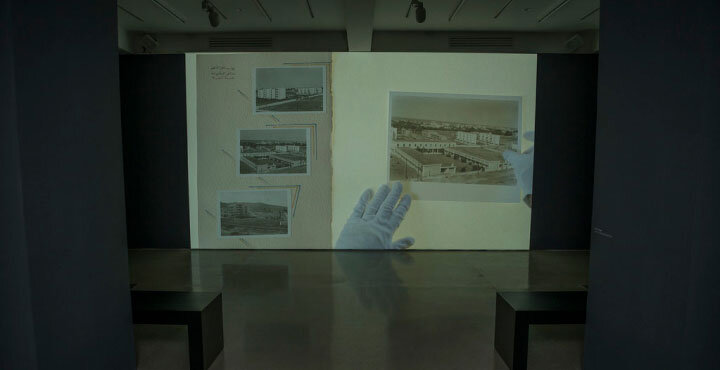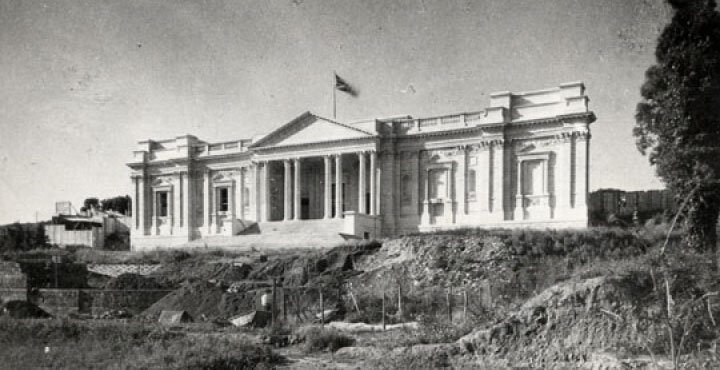




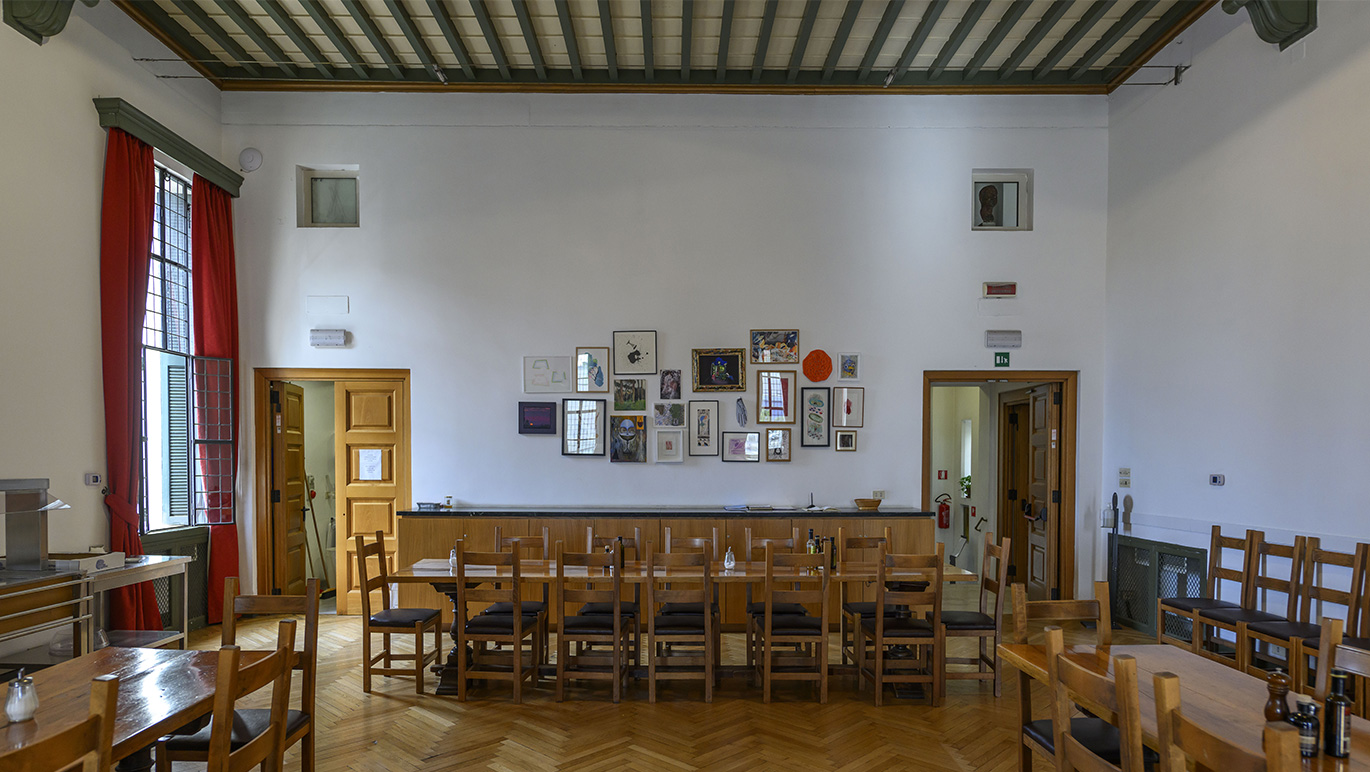
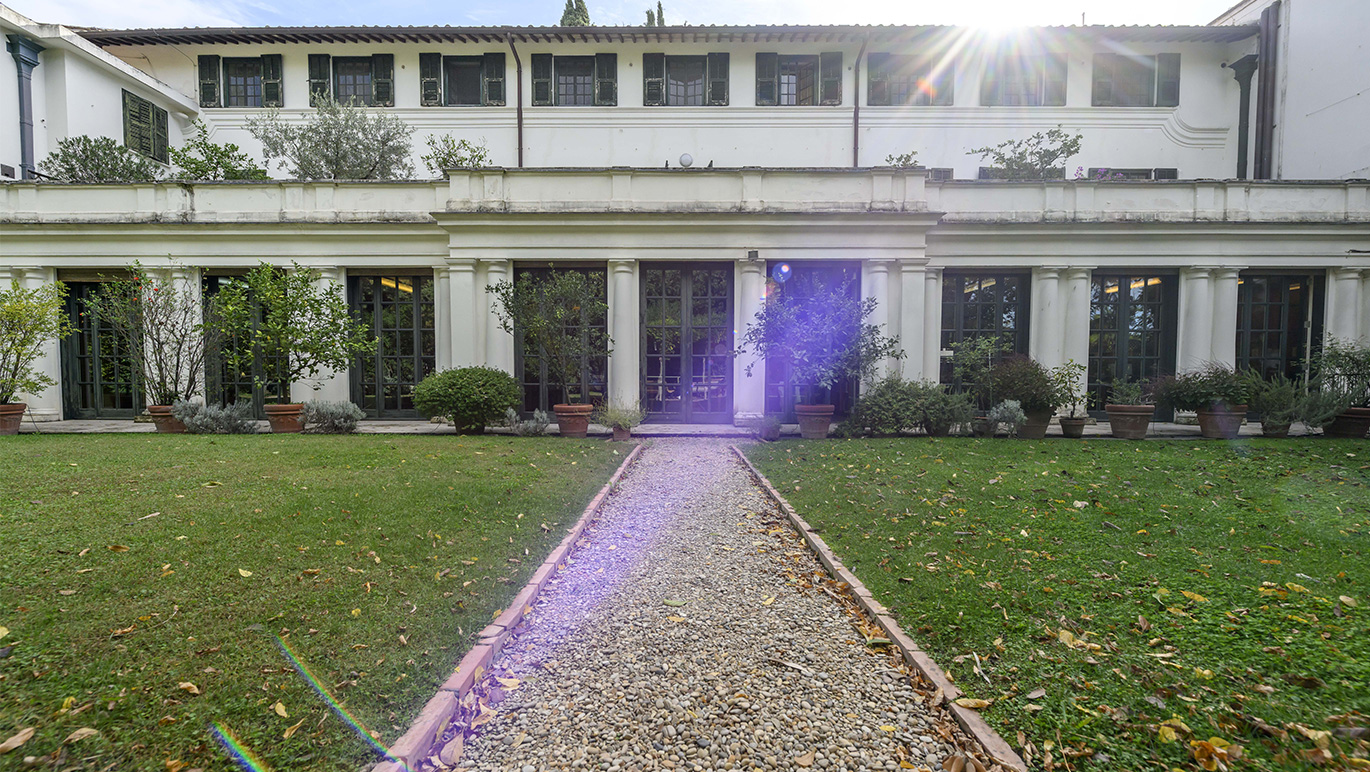





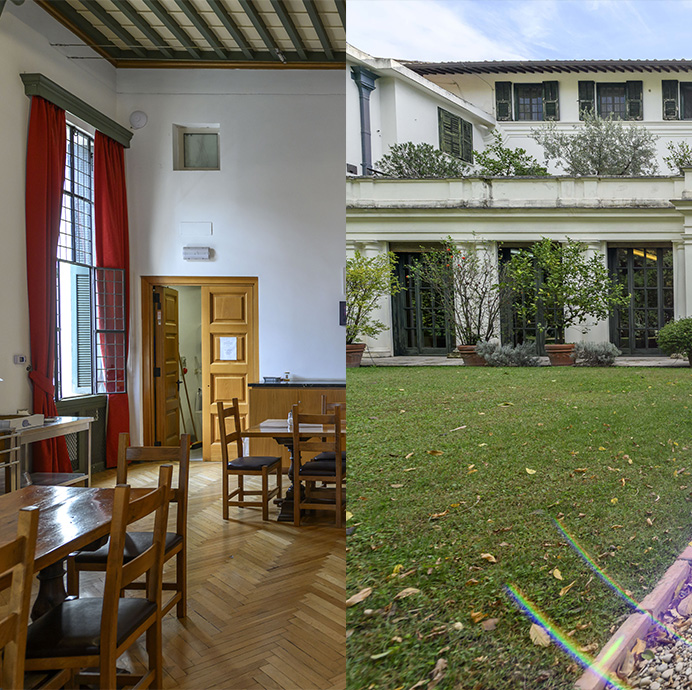

Who We Are
For 100 years, world-class researchers and contemporary artists have been nurtured at the British School at Rome. We are the bridge between the intellectual and cultural heart of Rome and Italy, and creative and academic researchers from the United Kingdom of Great Britain and Northern Ireland and the Commonwealth. We welcome people from a wide range of backgrounds to a stimulating environment of interdisciplinary research and practice where work of the very highest quality is generated and facilitated in a transformative intellectual context.
Who We Are
For 100 years, world-class researchers and contemporary artists have been nurtured at the British School at Rome. We are the bridge between the intellectual and cultural heart of Rome and Italy, and creative and academic researchers from the United Kingdom of Great Britain and Northern Ireland and the Commonwealth. We welcome people from a wide range of backgrounds to a stimulating environment of interdisciplinary research and practice where work of the very highest quality is generated and facilitated in a transformative intellectual context.
What We Do
What We Do
What's On
Further itinerary details in the coming months. If you are an Ashby Patron please add these dates to your diary and stay tuned! If you
18 - 21 April 2024
This lecture will be in English. The contribution illustrates the projects and new challenges of the Appia Antica Archaeological Park, an independent Institute of the Italian
24 April 2024
18:00 - 19:30
This lecture will be in Italian. Filippo Coarelli è nato a Roma il 9 Giugno 1936. Ha insegnato nelle Università di Roma, Siena, Cosenza, Perugia.
2 May 2024
18:00 - 19:30
What's On
Further itinerary details in the coming months. If you are an Ashby Patron please add these dates to your diary and stay tuned! If you
18 - 21 April 2024
This lecture will be in English. The contribution illustrates the projects and new challenges of the Appia Antica Archaeological Park, an independent Institute of the Italian
24 April 2024
18:00 - 19:30
This lecture will be in Italian. Filippo Coarelli è nato a Roma il 9 Giugno 1936. Ha insegnato nelle Università di Roma, Siena, Cosenza, Perugia.
2 May 2024
18:00 - 19:30
Latest News
Latest News
The British School at Rome is delighted to announce the election to an Honorary Fellowship of Bridget Riley, CH CBE D.Litt (Oxon) Litt.D. (Cantab). One
The BSR invites applications from those interested in being considered for election as a member of the Faculty of Archaeology, History and Letters (FAHL). To
It is with much sadness that the BSR shares news of the sudden passing of Mr Peter J Smith, Ashby Patron and Honorary Fellow. Since









